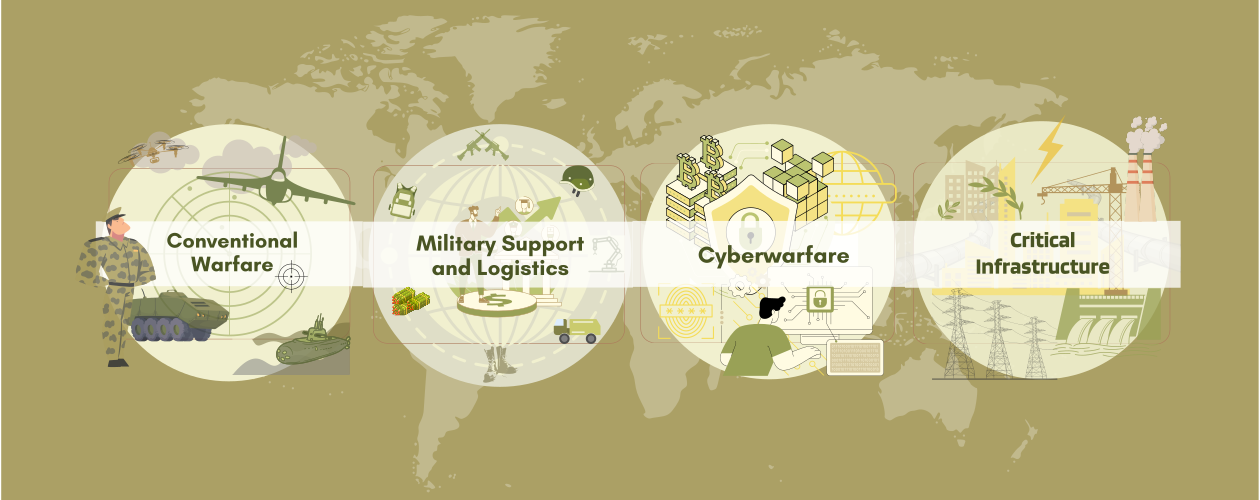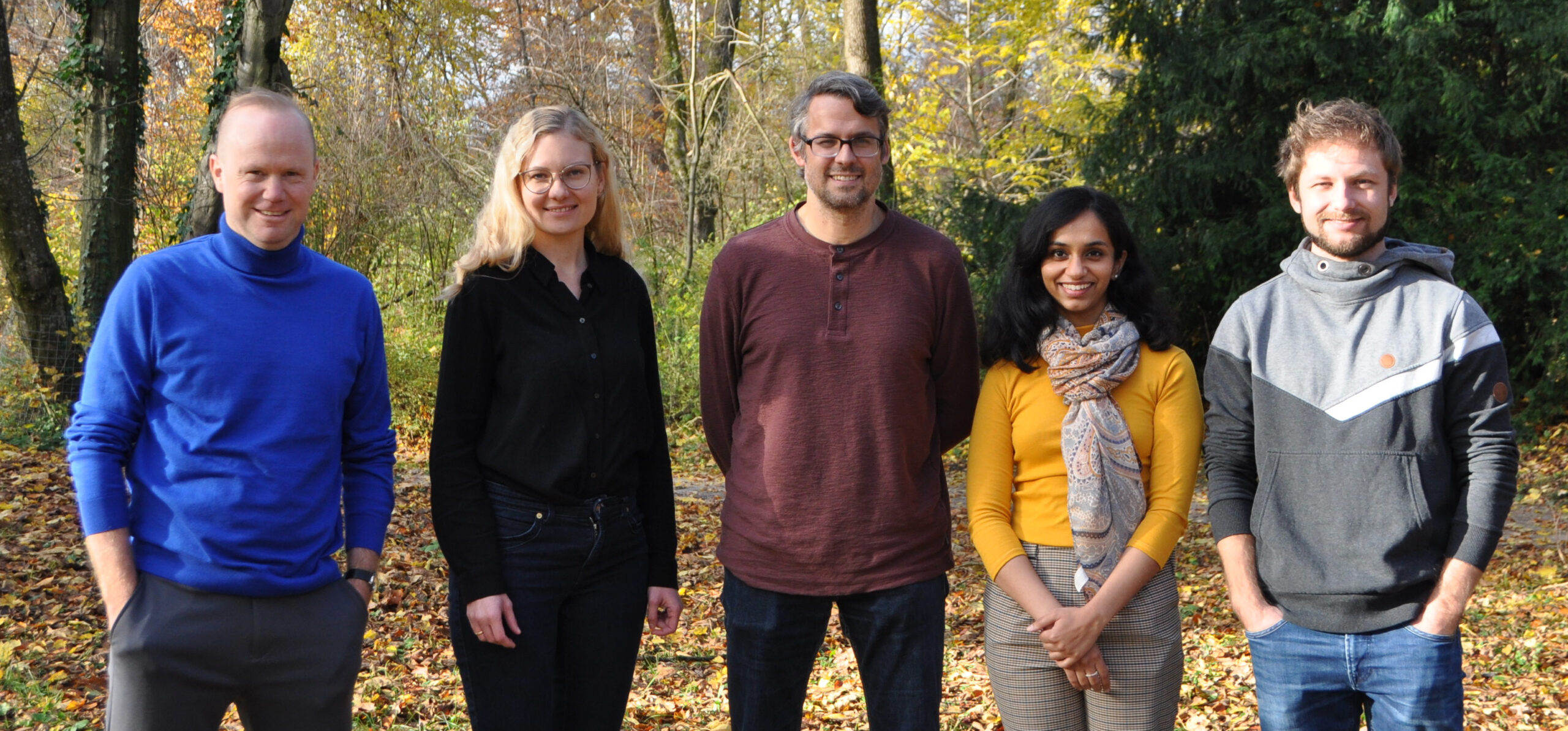
The Making of National Security
From Contested Complexity to Types of Security States
Who makes national security, how, and on what legitimatory grounds? For most advanced democracies, the answer had been easy: The ‘Westphalian state’, relying on its own coercive capacities and its exclusive political authority.
Today, things are more complex and contested. Actors, instruments and authority foundations have proliferated. Epistemic authority and indirect rules-based governance are (co-)shaping contemporary security-policymaking. Our project, funded by the Fritz Thyssen Foundation, maps and explains the transformation of the Westphalian state into different types of security states.
We study evolutions in 4 key fields: conventional warfare, military support services, critical infrastructures and cyber warfare, and focus on 4 major democratic powers: The United States, India, France and the United Kingdom, since the end of the Cold War.
Recent Publications
-
The Competence-Control Tradeoff in Military AI Innovation: Autonomous Weapons Systems and Shifting Modes of State Control over Private Experts.
Kruck, Andreas; Johansen, Andrea (2025) European Journal of International Security DOI: 10.1017/eis.2025.10020
Team

Moritz Weiss, Andrea Johansen, Andreas Kruck, Yagnyashri Kodaru, Lorenz Sommer
and Katharina Kausche (not in the photo)